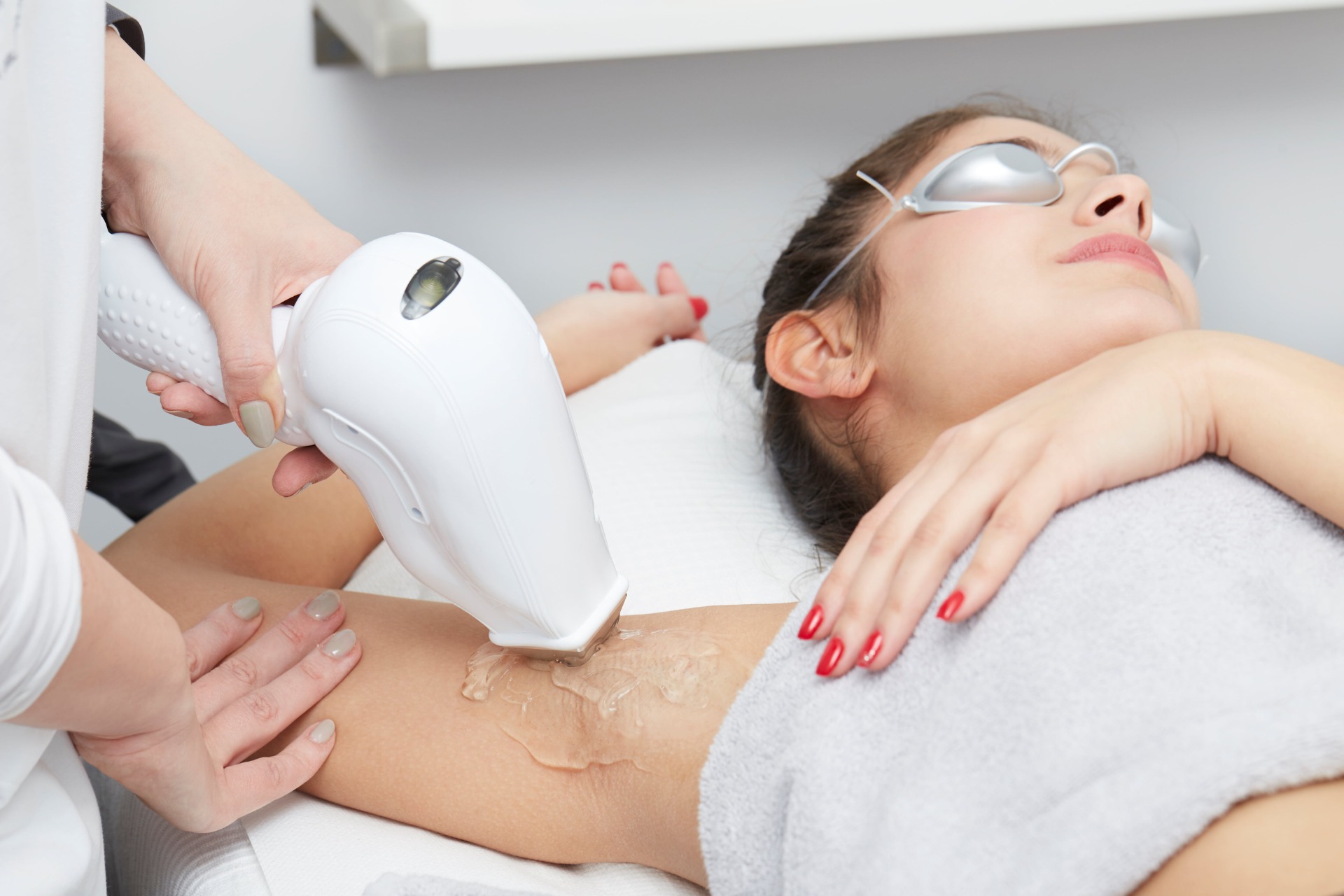MEDICATION AND CONDITIONS THAT DO NOT GO WELL WITH LASER HAIR REMOVAL

Laser hair removal is generally safe for most individuals, but there are certain medications and conditions that may not go well with the procedure due to potential complications or adverse reactions. It's essential to consult with a healthcare professional or a qualified laser technician before undergoing laser hair removal in islamabad, especially if you have any medical conditions or are taking medications. Here are some examples:
Photosensitive Medications: Certain medications can make your skin more sensitive to light, increasing the risk of adverse reactions to laser treatment. Examples include some antibiotics (e.g., tetracycline), retinoids (e.g., isotretinoin), and certain antidepressants (e.g., St. John's Wort). Always inform your laser technician about any medications you are taking.
Skin Conditions: If you have certain skin conditions, such as active eczema, psoriasis, or dermatitis, laser hair removal may exacerbate these conditions or cause discomfort. Additionally, individuals with a history of keloid scarring may be at higher risk of developing keloids following laser treatment.
Pregnancy: While there's limited research on the effects of laser hair removal during pregnancy, many healthcare providers advise against it as a precautionary measure. Hormonal changes during pregnancy can make your skin more sensitive, and the safety of laser treatment during this time hasn't been conclusively established.
History of Skin Cancer: If you have a history of skin cancer or suspicious moles, it's essential to consult with a dermatologist before undergoing laser hair removal. The procedure can potentially affect the skin's melanin and may interfere with the detection of skin abnormalities.
Infections or Open Wounds: Laser hair removal should not be performed on areas of the skin with active infections, open wounds, or lesions. Doing so can increase the risk of complications, including infection and scarring.
Tanned Skin: Laser hair removal works best on individuals with lighter skin tones and darker hair because the laser targets the melanin in the hair follicles. Tanned skin can increase the risk of adverse reactions, such as burns or changes in pigmentation. It's generally recommended to avoid sun exposure and tanning beds before and after laser treatment.
Recent Chemical Peels or Dermabrasion: If you've recently undergone chemical peels, microdermabrasion, or other skin resurfacing treatments, it's advisable to wait until your skin has fully healed before undergoing laser hair removal. Combining these treatments can increase the risk of skin irritation or damage.
Always discuss your medical history, current medications, and any concerns with your healthcare provider or laser technician before undergoing laser hair removal in islamabad to ensure the procedure is safe and suitable for you.